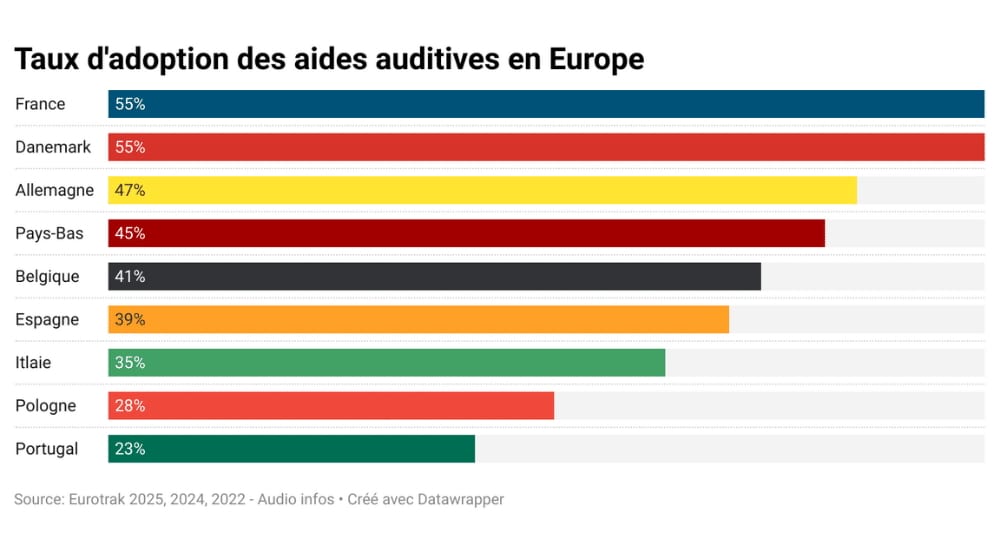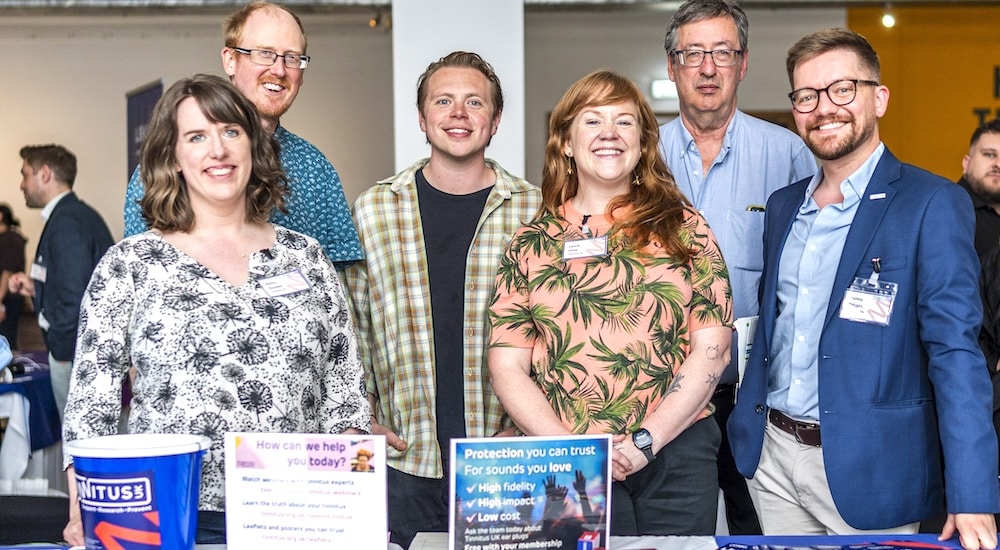New Japanese genetics study could shake up approaches to late onset hearing loss
genetics
Genetic causes behind late onset sensorineural hearing loss (SNHL) may be far more significant than previously recognised, as well as identifiable, important in diagnosis, and conducive to more appropriate treatment.

These are the conclusions of a team of researchers from the Kobe University Graduate School of Medicine and the Shinsu University School of Medicine, both in Japan, whose work is published in the April issue of the Journal of Human Genetics.
The team's genetic analysis of 48 unrelated Japanese patients with late-onset bilateral sensorineural hearing loss – in which 63 known deafness genes were investigated using massively parallel DNA sequencing – led to 25 possibly causative variants being identified in 29 of those patients.
"To date, the etiology of late-onset hearing loss is largely unknown"
This compelling result of 60.4% potentially having a genetic cause for their late onset SNHL is a clearly significant datum, the authors point out, reminding readers of their paper that genetic testing for congenital or early-onset hearing loss has become a common diagnostic option in many countries. The incidence of the congenital SNHL is estimated to be 1–2 in 1000 newborns, among which at least 60% are presumed to be associated with genetic causes, as put forward by the 2016 paper by Sloan-Heggen et al.
Few late-onset hearing loss patients receive genetic testing, these Kobe and Shinsu scientists point out, "as late-onset hearing loss is believed to be a complex disorder and the diagnostic rate for genetic testing in late-onset patients is lower than that for the congenital cases."
Two cases that could not be diagnosed without genetic testing
The study also identified two interesting cases for whom they could expand the phenotypic description. "One case with a novel MYO7A variant showed a milder phenotype with progressive hearing loss and late-onset retinitis pigmentosa. The other case presented with Stickler syndrome with a mild phenotype caused by a homozygous frameshift COL9A3 variant."
"Comprehensive genetic testing for late-onset hearing loss patients is necessary"
In their conclusion, the authors underline that the various causative genes behind late-onset cases can possibly be identified. "From an etiological perspective, we could confirm the benefits of CI in cases in which the etiology is located within the cochlea," they write."
"Therefore, comprehensive genetic testing can be seen as a useful diagnostic tool for late-onset HL, and the accumulation of genetic findings will enable more accurate diagnosis and provide more appropriate treatment," the researchers conclude.
Source: Journal of Human Genetics


